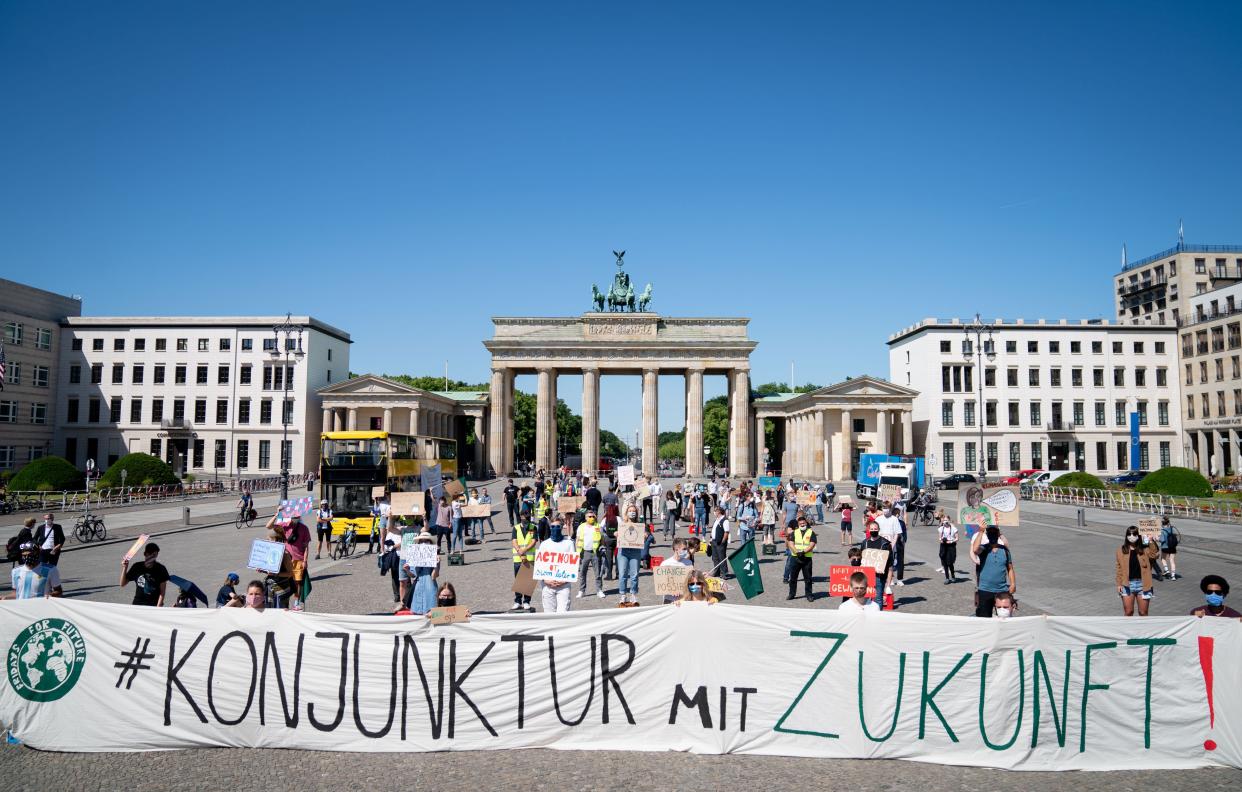Coronavirus: 7.3 million Germans put on short-time work scheme in May

In May, 7.3 million people in Germany were put onto the short-time work scheme, according to Germany’s Ifo Institute.
"This number has never been so high," said Ifo labour market expert Sebastian Link. "In the financial crisis, short-time working peaked in May 2009 at just under 1.5 million people."
Known as Kurzarbeit in German, the wage-support programme means the government pays the cost of about 60% of a worker’s salary to the company, so the company can either send them home or require them to work a small number of hours.
Germany’s Kurzarbeit programme means companies can ramp up quickly again once a crisis passes, without needing to re-hire a workforce, and workers themselves don’t have to draw unemployment benefits.
Unlike during the financial crisis, when over 80% of employees on short-time work were employed in the industrial sector, the coronavirus crisis has hurt all sectors of the German economy.
According to the Ifo Institute, 2.4 million people in business-related services are currently on short-time work, 2.2 million in the industrial sector, and 1.3 million in trades sector.
For the other economic sectors, which were not covered by the survey, the Ifo pegs short-time working at 1.3 million people.
The German coalition government is meeting in Berlin on Tuesday to thrash out another stimulus package, worth about €80bn (£71bn, $89bn) to try and reboot the economy, which is currently predicted to contract by 6.6% in 2020.
Federal finance minister Olaf Scholz is expected to put forward proposals on how to continue to support companies and their staff, including extending the short-time work benefits from one year to two years.
Scholz is also reportedly planning a follow-up programme for the €50bn aid for small businesses and solo professionals, which is expected to help the hotel and hospitality industry, travel agencies, bus operators, and the trade fair industry in particular.


